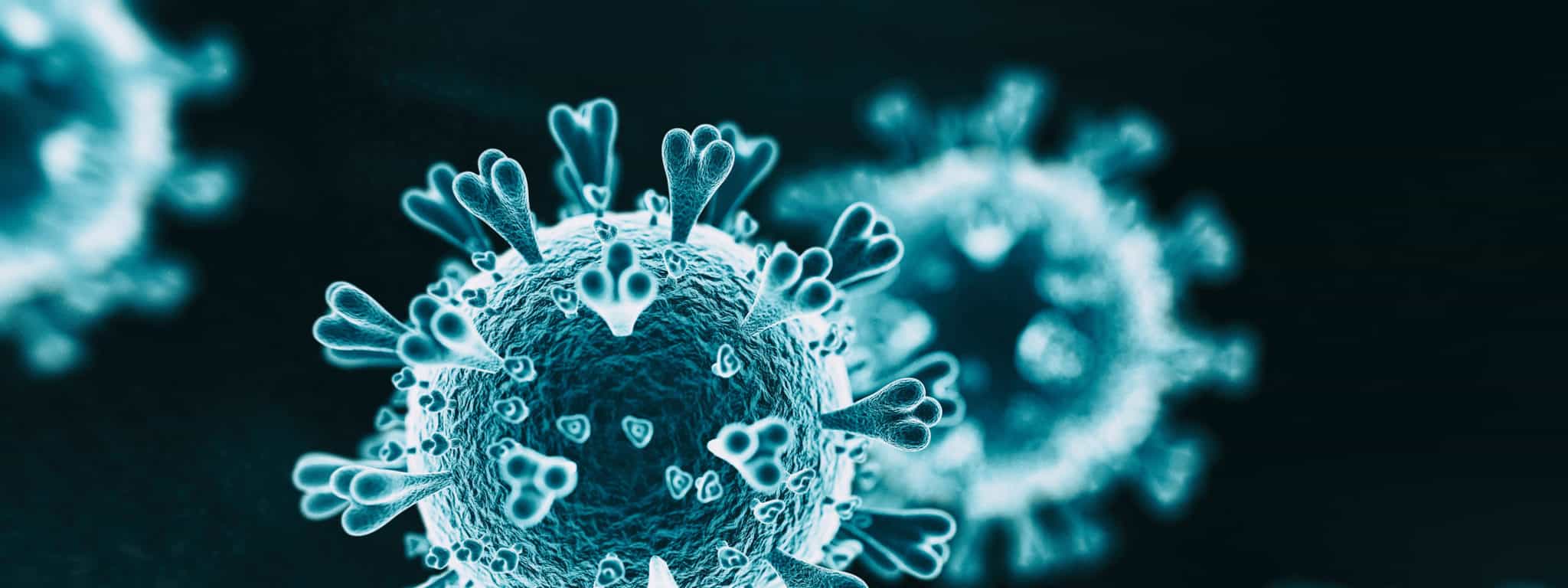UAMS Researchers Awarded $1.3 Million to Conduct SARS-CoV-2 Serological Study in Arkansas

Wendy Nembhard, Ph.D., is the principal investigator on the project.
| Researchers at the University of Arkansas for Medical Sciences (UAMS) have been awarded $1.3 million to study disparities in immune response to SARS-CoV-2, known as COVID-19, through serological testing in Arkansas.
Serological testing measures a person’s immune response to an infection in the form of antibodies in the blood.
The project will contribute to short- and long-term impact of COVID-19 and the pandemic on the physical, psychological and social health of underrepresented minority men and women in Arkansas.
“This study will enable us to determine the duration of immunity response against SARS-CoV-2, which ultimately will determine the progression of the pandemic,” said Wendy Nembhard, Ph.D., chair of the Epidemiology Department in the UAMS Fay W. Boozman College of Public Health and principal investigator on the project.
“We also hope to learn the influence of psychosocial and behavioral factors on the response over time by race and ethnicity.”
The study will follow 450 men and women in Arkansas who are a racially, ethnically and geographically diverse representative sample of noninstitutionalized adults that have been tested for COVID-19 by a real-time reverse transcriptase polymerase chain reaction (RT-PCR). Researchers will enroll participants between November 2020 and April 2021 and follow the cohort for up to 24 months after testing.
The UAMS College of Public Health will lead the effort by recruiting, enrolling, interviewing and following participants for the duration of the study. Key researchers include Ben Amick, Ph.D., professor and associate dean for research; Kate Stewart, M.D., M.P.H., professor; and Ruofei Du, Ph.D., assistant professor.
Study participants will be recruited through data collected by the Arkansas Department of Health.
Once participants are enrolled in the study, their blood will be tested by researchers from the UAMS . Karl Boehme, Ph.D., Josh Kennedy, Ph.D., and Craig Forrest, Ph.D., all associate professors, will lead this part of the study through their Serology Lab.
“Through this study, we predict we’ll find that non-Hispanic Blacks and Hispanics will have a weaker serologic response and shorter duration or response to infection compared to non-Hispanic whites,” said Nembhard. “Which might partially explain their higher rates of hospitalization and mortality from COVID-19.”
The project is funded by the National Cancer Institute (NCI) through the new national Serological Sciences Network (SeroNet). SeroNet is a major component of NCI’s response to the pandemic and is included in an emergency congressional appropriation of $306 million to the institute “to develop, validate, improve and implement serological testing and associated technologies.”
SeroNet is the largest coordinated effort to study immunology and COVID-19 in the U.S., involving more than 25 universities, cancer centers and laboratories. They will work with NCI and National Institute of Allergy and Infectious Diseases to rapidly deploy serological testing to the public, improve understanding of the immune response, and mitigate the pathogen’s spread.
“The nation’s top researchers in academia, government and private industry have come together in an unprecedented effort to fight the pandemic” said Dinah Singer, Ph.D., deputy director of the NCI. “Through SeroNet, we are examining the immune response to the coronavirus to speed delivery of testing, treatments and vaccine development for COVID-19. What we learn could be applied immediately and will prove invaluable to public health beyond the current pandemic.”
UAMS is the state’s only health sciences university, with colleges of Medicine, Nursing, Pharmacy, Health Professions and Public Health; a graduate school; a hospital; a main campus in Little Rock; a Northwest Arkansas regional campus in Fayetteville; a statewide network of regional campuses; and eight institutes: the Winthrop P. Rockefeller Cancer Institute, Jackson T. Stephens Spine & Neurosciences Institute, Harvey & Bernice Jones Eye Institute, Psychiatric Research Institute, Donald W. Reynolds Institute on Aging, Translational Research Institute, Institute for Digital Health & Innovation and the Institute for Community Health Innovation. UAMS includes UAMS Health, a statewide health system that encompasses all of UAMS’ clinical enterprise. UAMS is the only adult Level 1 trauma center in the state. UAMS has 3,275 students, 890 medical residents and fellows, and five dental residents. It is the state’s largest public employer with more than 12,000 employees, including 1,200 physicians who provide care to patients at UAMS, its regional campuses, Arkansas Children’s, the VA Medical Center and Baptist Health. Visit www.uams.edu or uamshealth.com. Find us on Facebook, X (formerly Twitter), YouTube or Instagram.###
